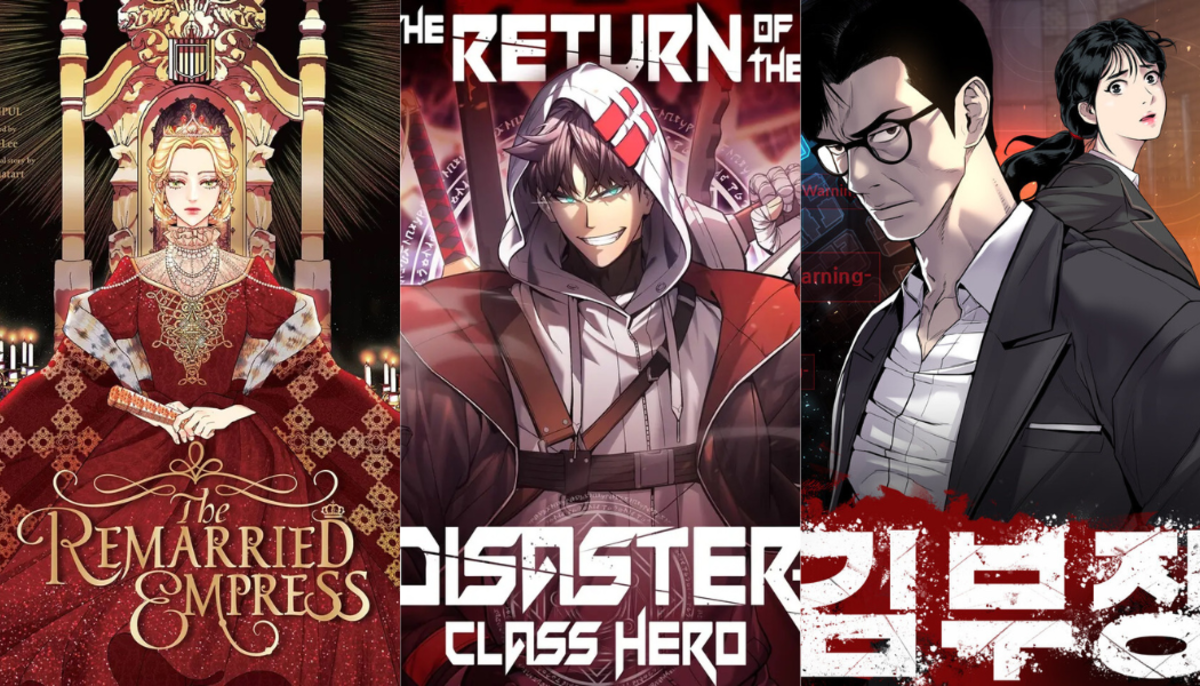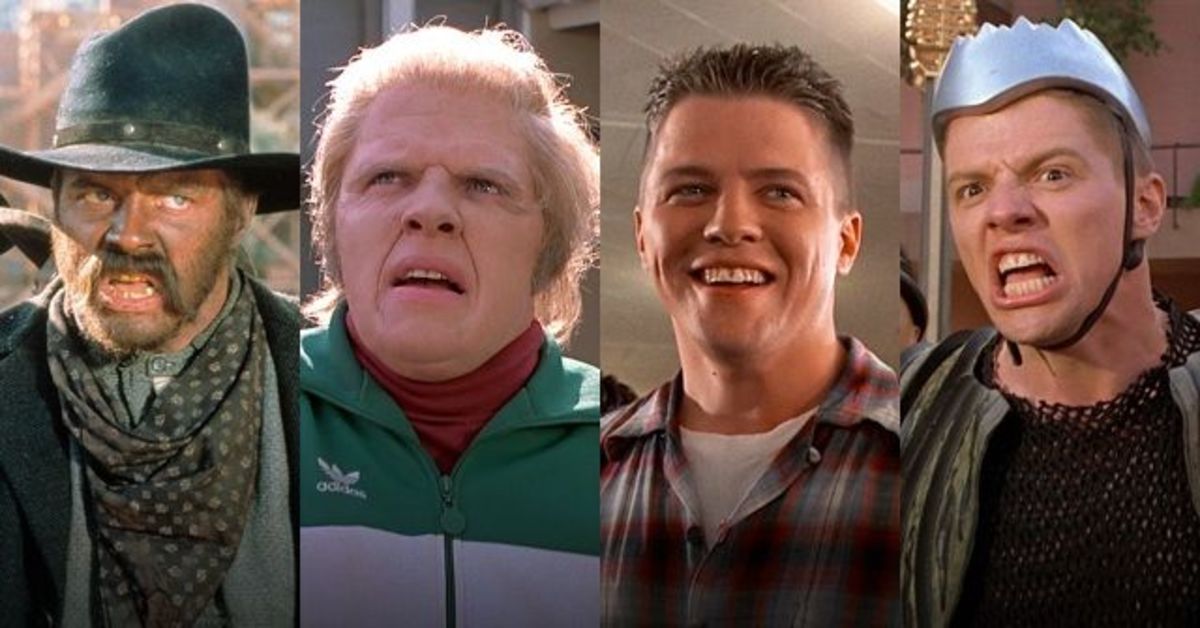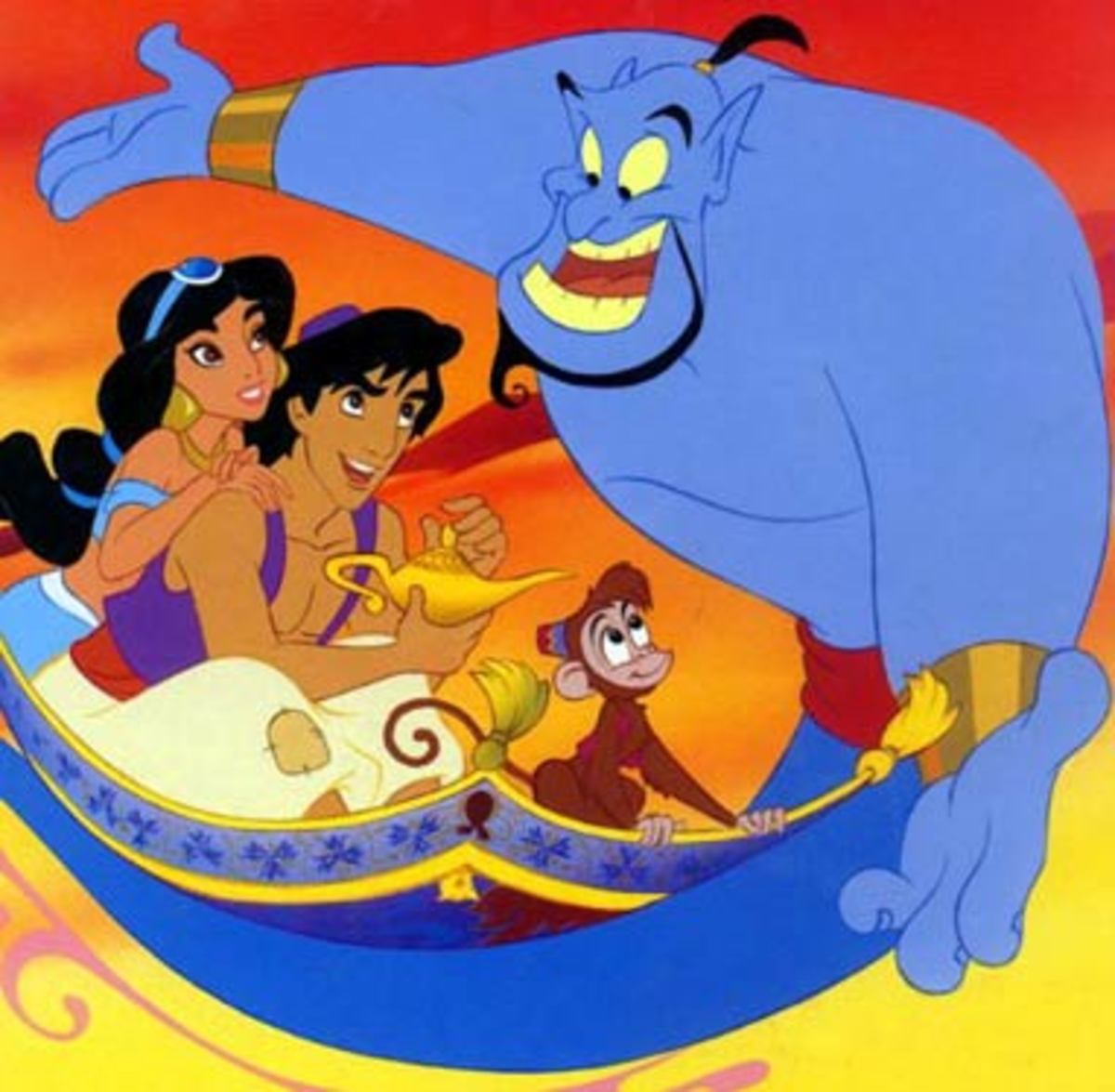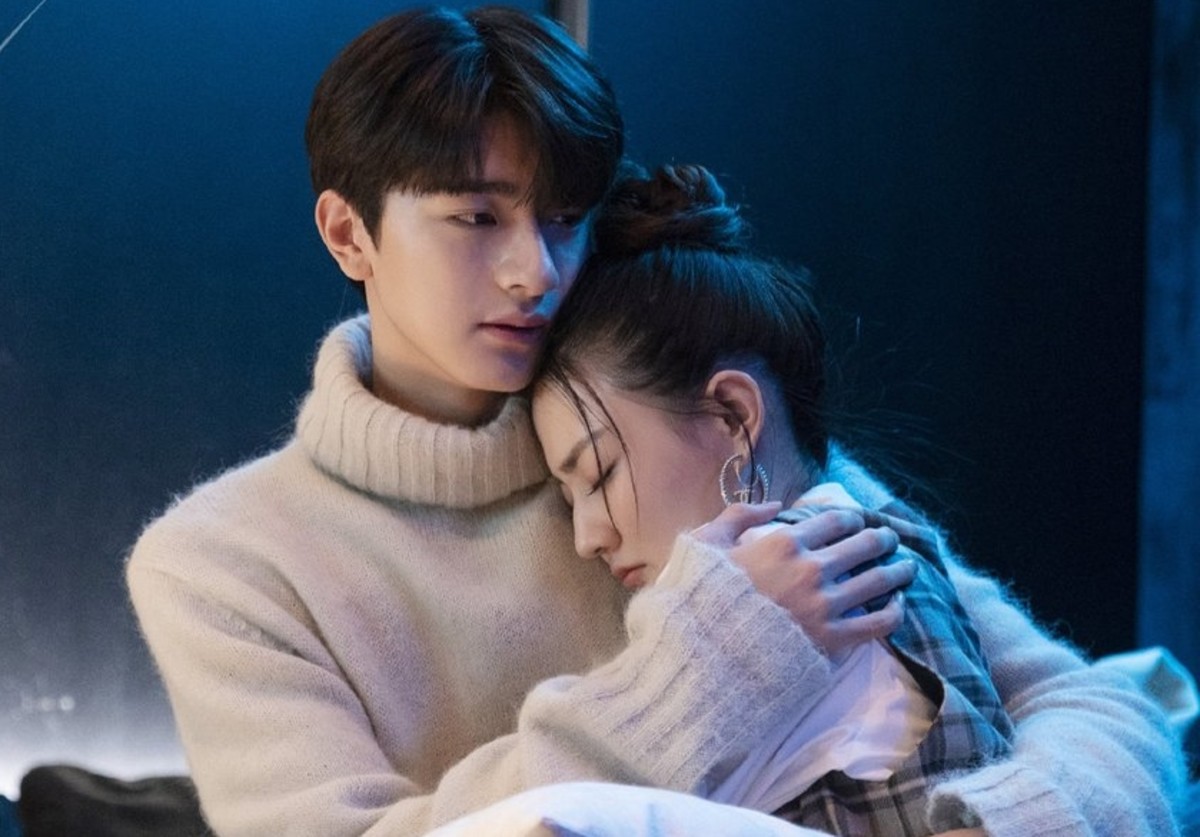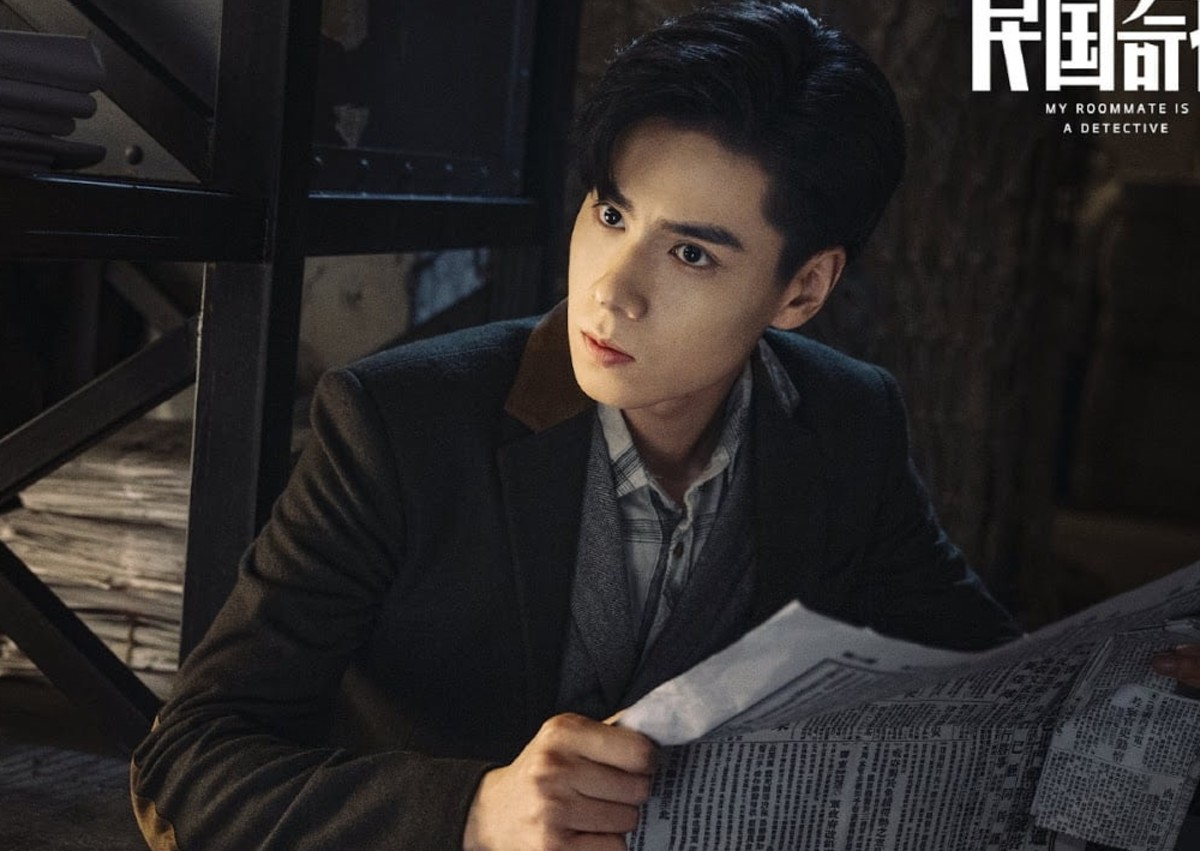Secret motifs on the Screen: Part 4: Why the Guru dies
Have you noticed that the hero’s guru or fairy godmother is never there when desperately needed? Why didn’t the Fairy Godmother, with a swish of her wand, reunite the prince with Cinderella? Why does Dumbledore have to die? Why should Obiwan Kenobi? Why, asks the hero, why have you forsaken me, Father?
Who is to blame for the guru’s disappearance? The villain? The writer? No, gentle reader, or movie-goer, it is you! You? One who wouldn’t hurt a fictitious fly? Sorry, yes.
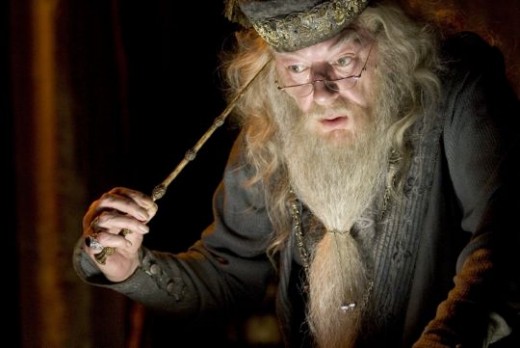
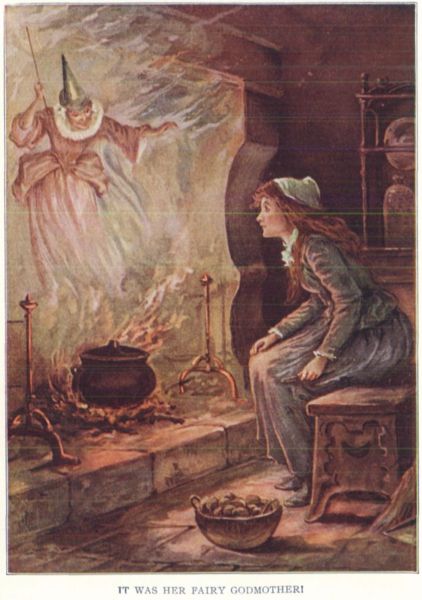
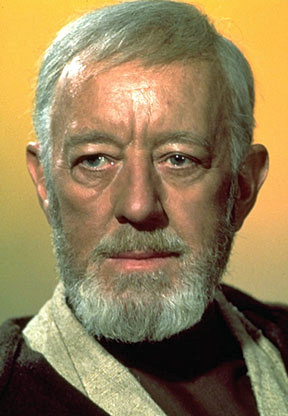
The Secret
- All of us have, deep in our minds, the structure of a good story.
- We look forward to the hero’s adventures and want him or her to win.
- The effect is spoilt if the hero is sidelined and someone else does what the hero must do.
These are the basic premises. To satisfy us, the storyteller gives the hero, and us, a guru: a parental figure who teaches the hero everything about the world of adventure and trains the hero. That world is sort of alien to the hero at first. Hagrid, Dumbledore, Morpheus, Obiwan, Yoda, Gandalf, the Fairy Godmother, Getafix, M, Q…
If you notice, the guru disappears when he is needed most, and leaves the hero to solve his major problem or fight the arch villain. Yes, yes, sometimes the guru fights the villain, like Obiwan fights Darth Vader, but you will see that that is not the major fight in the Star Wars original trilogy. Usually the guru dies, as Dumbledore does, or as Obiwan does, later.
That’s because you would not like it. You would want a good strong hero who battles his own demons himself. Or herself. That’s why, in old movies, the cops come in after the hero has defeated the villain.
The guru’s job is to teach skills like Yoda does, give weapons like Q gives James Bond or Godmom gives Cinderella, explain what’s happening like Morpheus does and pass on, leaving everything in the hero’s capable hands. Now you know why Dumbledore had to pass through the veil?
They killed their gurus for your sake!


